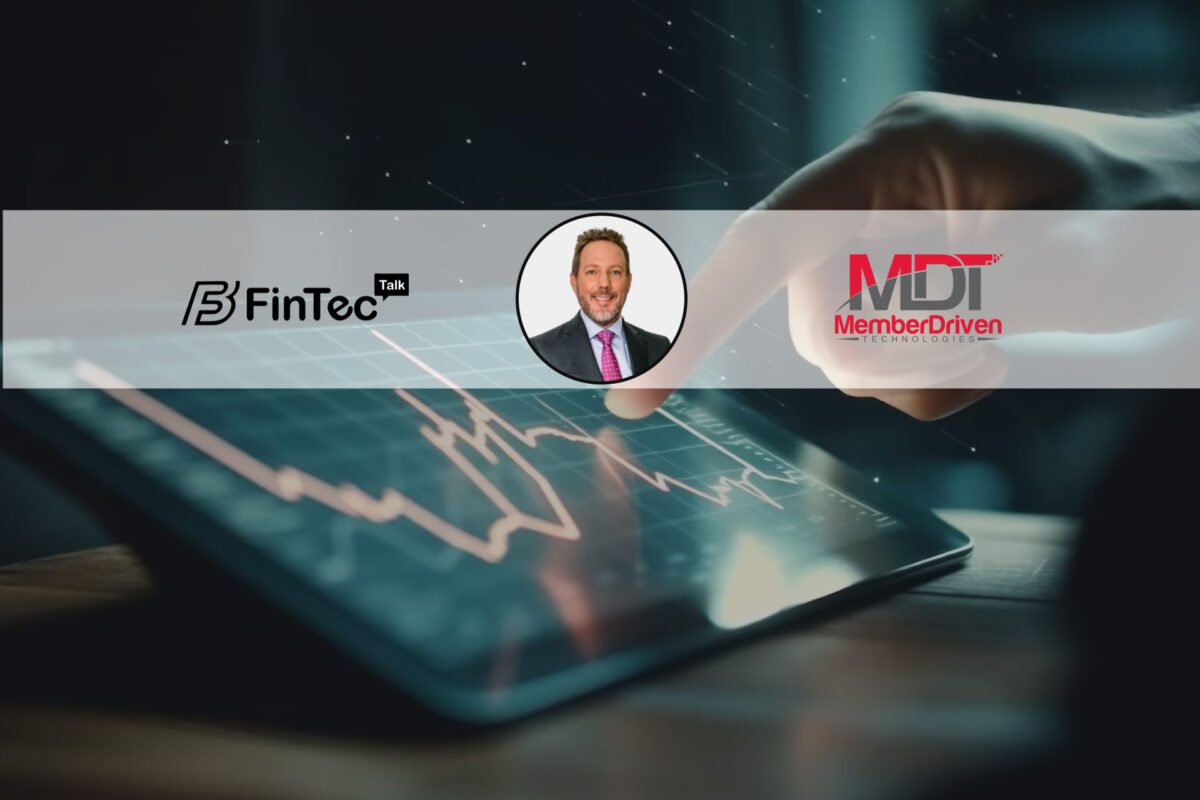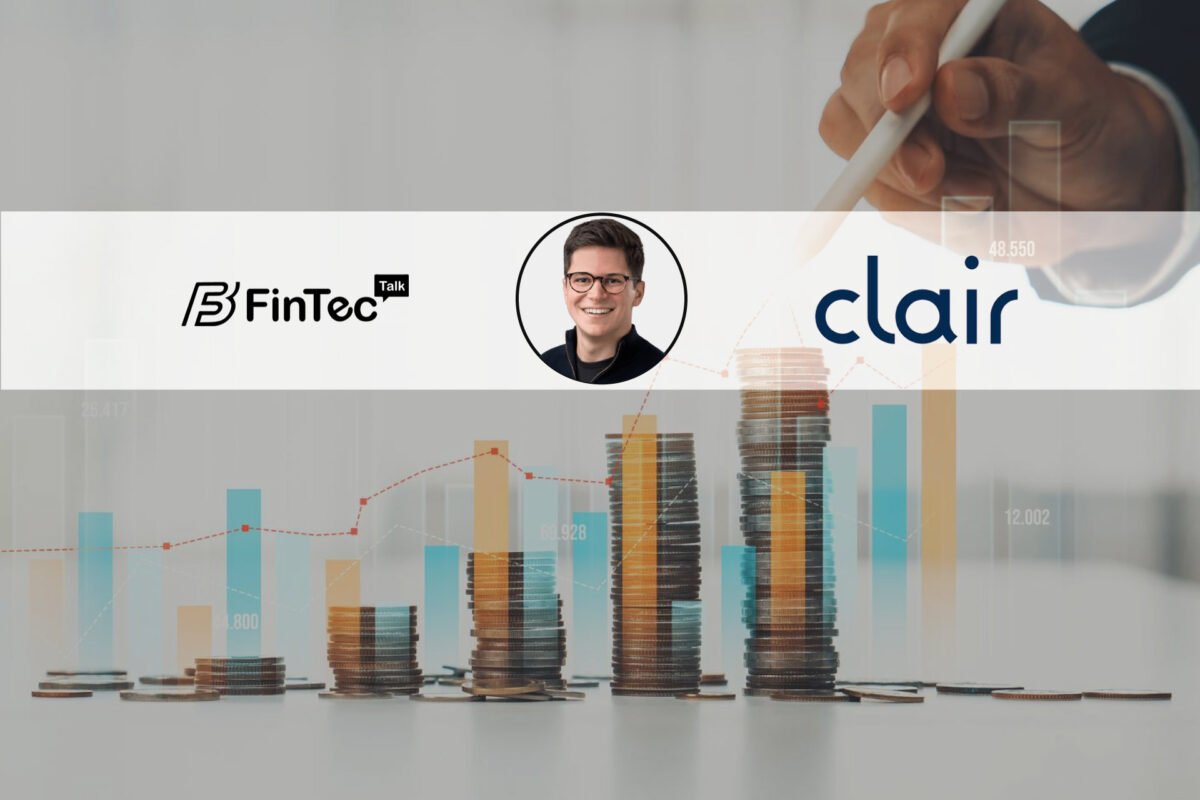Eliot Hodges highlights how Anduin’s technology brings trust and liquidity to the private markets, so they can function more like the public markets.
1. What led to starting Anduin?
Alin Bui and Joe Lonsdale co-founded Anduin as a direct response to the pain that Joe felt every time he participated in private market transactions. The entire investment process was cumbersome, irritating, and very costly. Joe and Alin believed technology could make a big difference—and it turns out they were right!
2. Tell us about your solution. What does Anduin do for private market investors?
Our technology brings trust and liquidity to the private markets, so they can function more like the public markets we all know. These qualities are the driving forces behind much-needed workflow and data standards in the private markets.
Our flagship solution is focused on empowering funds managers with onboarding investors quickly and efficiently into their investment vehicles. Simply put, investors no longer want to fill out static PDFs. We are really in the business of enabling funds by exceeding the rising expectations of their investors.
3. What challenges do private market investors face when onboarding / raising funds?
The current ugly process is centered on the PDF, which brings a lot of friction with it. These PDF forms can range anywhere from fifty to a hundred pages, and are challenging even for experienced investors to fill out. Often there is a lawyer involved on the other end of the process trying to ensure the accuracy of all of these forms.
Our solution does for the private markets what TurboTax did for the tax industry. We provide investors with a highly-consumerized, streamlined and guided experience that eliminates the endless back and forth whenever they want to put their money to work in the private markets. Ultimately this allows funds to go to market faster with their investment vehicles, at a lower cost, while giving their investors a great experience. Everyone wins.
4. Can you explain to us the different use cases your customers deal with?
Our technology platform is incredibly flexible, so we can serve a variety of use cases. We can serve fund customers across asset classes, size, or geography. In each case, we painstakingly translate your existing fund documents into highly-consumerized digital interfaces that your investors can engage with. This approach ensures you get the right data in the right format, so you can onboard your investors easily while ensuring compliance.
5. Is Anduin an industry first? Are there any others in the space? What are the alternatives?
Truth be told, our biggest competitors are still paper, PDFs, and Post-Its. That, after all, is how a lot of funds are still handling this onboarding process today. Our onboarding technology is evolving from a nice-to-have that a couple of bleeding-edge West coast VCs pushed us to build, to a standard for doing business in this industry.
Simply put, any fund that does not use technology to drive their onboarding process will pay a price whether it’s a loss in investor goodwill or simply being slower to market than your tech-savvier competitors.
Over the years, we have seen more and more players entering this space. For example, some law firms and fund administrators have tried to build solutions in-house. There are also tech companies, like Anduin, focused on bringing their own technologies to the market. Fundamentally, we think this is a good thing, because it really heralds a new way for investors to engage with and fund the private markets.
6. How has the recent 2022 slowdown in funding affected the investors you serve? What do you see as the opportunities / challenges?
With the recent downturn in the public markets, some institutional investors have pulled back on their private market allocations due to what’s commonly known as the denominator effect. Many fund managers are left with two options when raising their funds: compete with funds for a smaller pie of institutional dollars or go after high net worth individuals who are typically underallocated in the alt space.
If you choose to go down the latter path, it’s critically important to have technology in place that allows you to quickly convert a large number of these smaller investors. After all, manually onboarding one investor who is writing you one $100 million check is very different from manually bringing on one hundred investors each writing you a one million dollar check. Unsurprisingly, many fund managers are scrambling to build up their retail channels. That makes the use case for our technology stronger than ever before.
7. Are there any other cutting-edge technologies like AI and blockchain that are impacting your space?
We have only scratched the surface of what is possible. Today, we’ve brought meaningful and measurable change simply by helping fund managers capture more accurate data from their investors. This space has been traditionally pretty underserved by technology, so there is still a lot of low-hanging fruit that we are focused on gathering over the coming quarters. That being said, we do think AI has huge potential to drive additional velocity and efficiency in this industry.
8. How do you see the private markets evolving in 5-10 years as far as technology?
First off, the private markets will continue to grow—to well over $20T by 2026—and have become a huge source for institutional and retail wealth creation. Critically, as mentioned, we will see smaller investors enter this space that have been traditionally underinvested in alts.
As this space grows, I think we’ll also see more and more tech vendors, especially from Silicon Valley, enter this space. McKinsey published a Global Private Markets Review earlier this year and mentioned how funds are now spending more on technology to combat the friction associated with the private markets. With this additional spend, we’ll also see more and more firms entering and innovating in this exciting space.
9. Tell us a bit about your culture. What makes Anduin’s culture unique?
Anduin is an interesting company. This company was incubated in Silicon Valley, but the initial team was formed in Vietnam where it did most of its R&D focused on private market innovation. And that’s what I love about Anduin: the fact that we are a global team who are, in turn, driving crucial standards for the private market funds and their investors around the world. I am excited to see what the coming quarters and years hold for our company and our customers!




